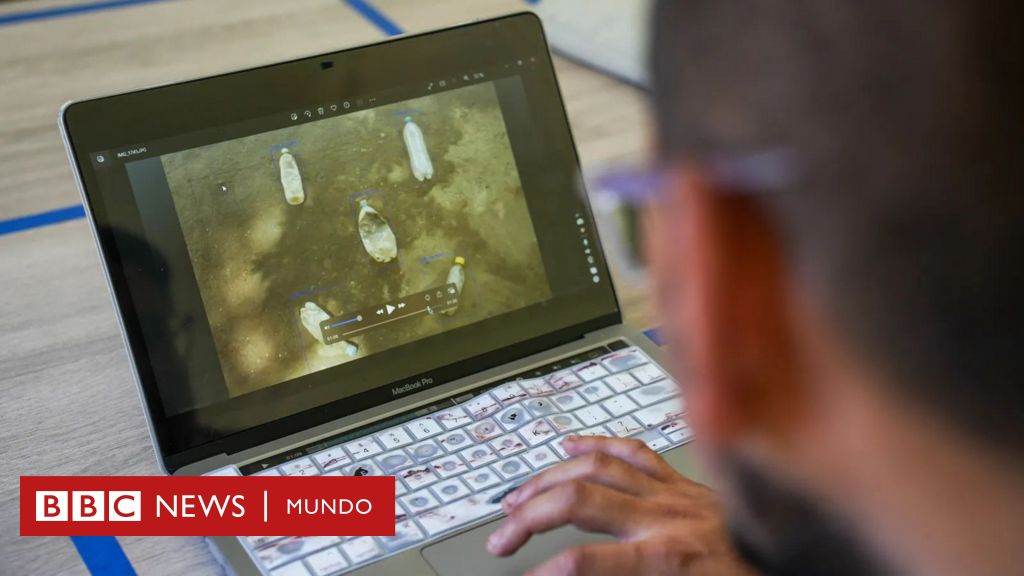Plastic pollution is a global crisis that is harming our oceans and marine life. Every day, tons of plastic waste flow into rivers and eventually make their way to the sea. However, innovative solutions are being developed to combat this pressing issue.
In Quito, Ecuador, a startup called Ichthion has created the Azure system, a floating barrier that collects plastic waste from rivers. This simple yet effective design can stop and collect around 80 tons of plastic per day, preventing it from reaching the ocean.
The Azure system works by extending across the river and directing debris towards a collection point on the riverbank. An operator then guides the waste towards a mobile conveyor belt that deposits the plastic into a container, where it is sorted for recycling.
But Ichthion’s work goes beyond just cleaning up rivers. They also gather data on the type and source of the waste they collect, allowing them to work with local communities and authorities to address the root causes of plastic pollution.
Other organizations, like the Bubble Barrier in the Netherlands, are also innovating in the fight against plastic pollution. Their system uses a curtain of bubbles to lift waste to the surface of the river, where it can be collected without hindering boat traffic or aquatic life.
While these technologies are making a difference, some experts warn against relying solely on cleanup solutions. They argue that reducing plastic production and improving waste management are essential long-term strategies to tackle the plastic pollution crisis.
Ultimately, addressing plastic pollution requires a multi-faceted approach, from cleanup efforts to policy changes and consumer behavior. By working together and investing in sustainable solutions, we can protect our rivers and oceans for future generations.
